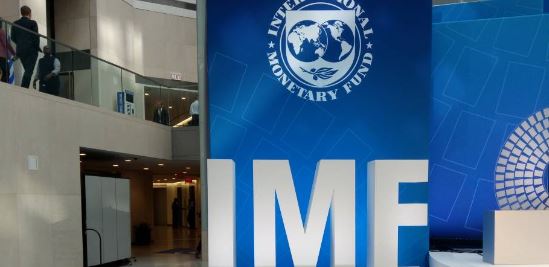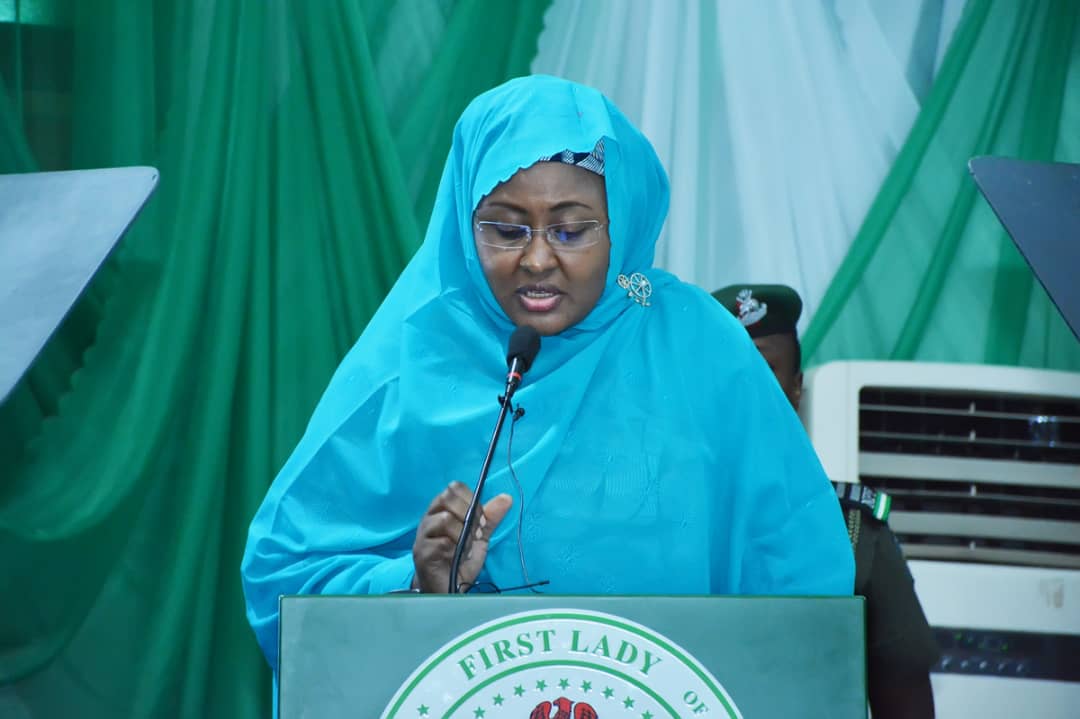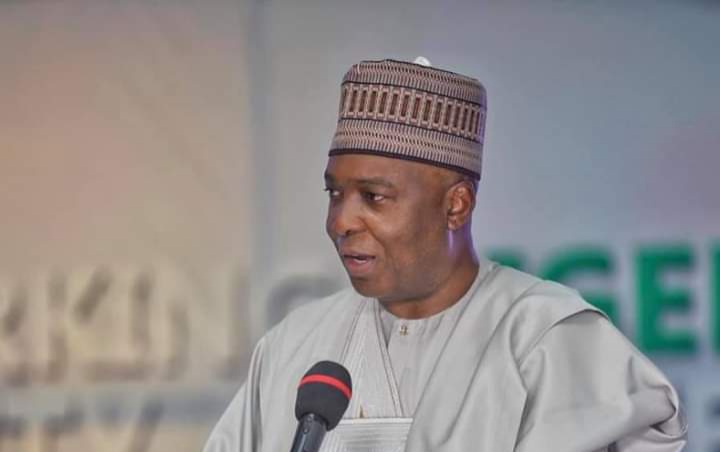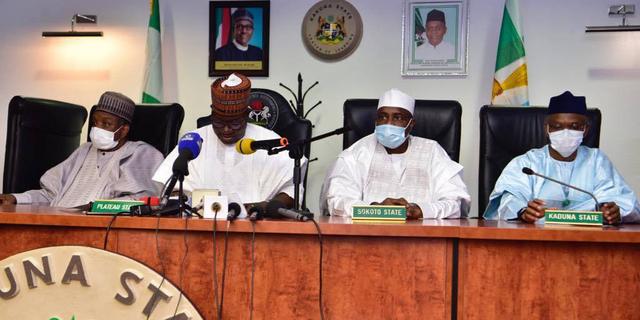Kristalina Georgieva, managing director, International Monetary Fund (IMF) has called for the development of a new public infrastructure to connect various payment systems, including digital currencies.
She added that countries need to work together to build new ‘roads, railways, bridges, and tunnels’ — using public digital platforms to connect payment systems.
Georgieva said this in a report on the IMF’s website, themed “Confronting Fragmentation: How to Modernise the International Payment System”.
According to her, the new payment system would help counter the fragmentation of the international monetary system.
Advertisement
“It would be a new way of connecting people, markets, and economies in the digital world,” she said.
She said this would make international payments more efficient, safer, and more inclusive.
“Crucially, it would reduce the risk of fragmentation,” she added.
Advertisement
“That is a tall order, but not an insurmountable one. Scaling this mountain is well worth it.
“And for that, our Swiss friends again can be our guides — with their history of cooperation and, quite literally, their mountaineering expertise.”
The IMF said the world must think like a mountaineer by using state-of-the-art equipment, adapting to the existing terrain, and “relying on our team”.
The Bretton Woods institution said the platform must connect various forms of money countries will use and legally support.
Advertisement
“That includes commercial bank deposits, but potentially also central bank digital currencies, and even some stablecoin arrangements — if they are well-designed and regulated,” it said.
“Such a platform is especially important for economies with less advanced payment systems. By embracing diverse forms of money, we can make payments work for all people, in all countries.”
Furthermore, IMF added that as payments become more efficient, capital flows would also continue to evolve.
“We may see an overall increase in inflows. This could boost productive investment and integrate markets—and we may see more flows to low-income countries, or sectors that have benefited less in the past,” it said.
Advertisement
In addition, IMF said countries must rely on one another to modernise the international payment system and mitigate fragmentation.
“When it comes to governance, countries will ultimately decide,” it said.
Advertisement
“However, international organisations — such as the IMF, the Bank of International Settlements, and the Financial Stability Board — can play an important role. We can suggest concrete solutions, foster consensus, and bring together not just policymakers but also the voices of private firms and civil society.”
Advertisement
Add a comment





